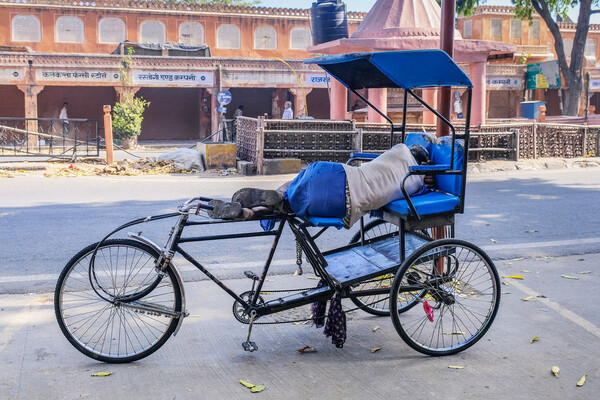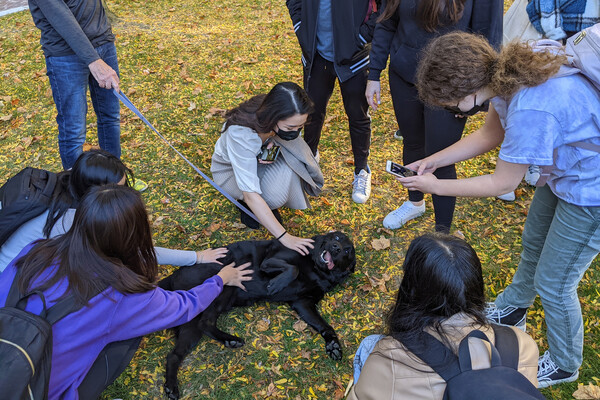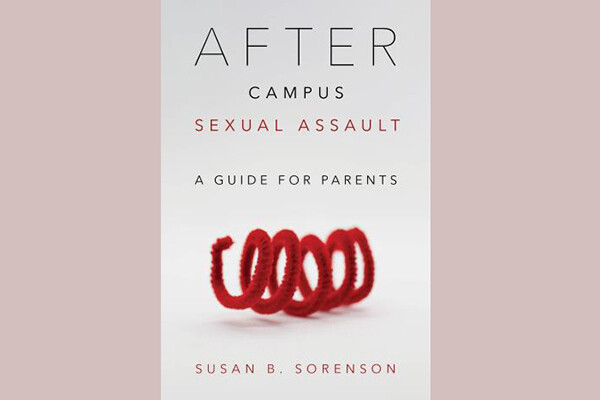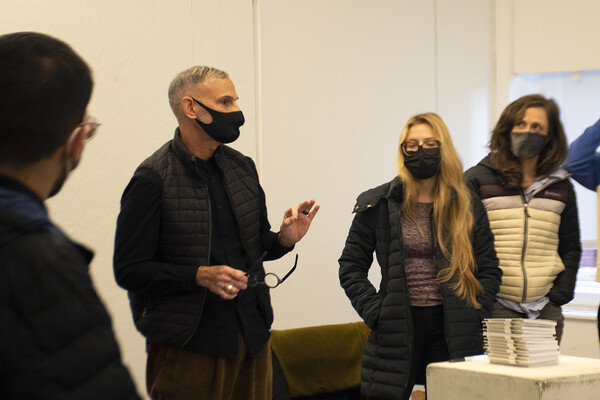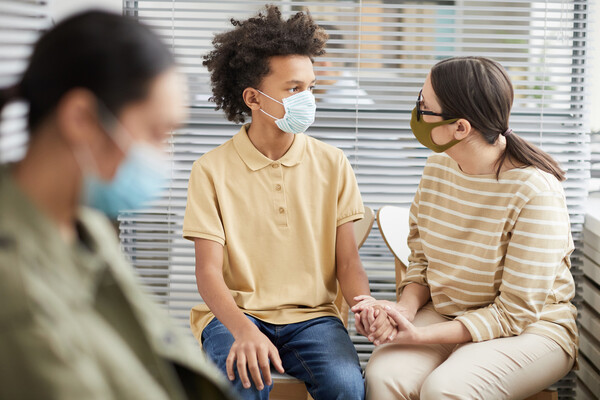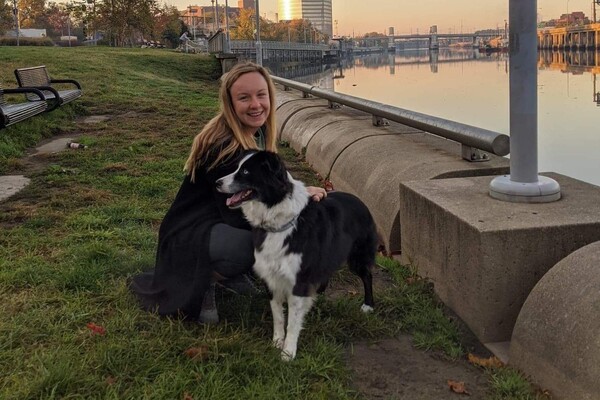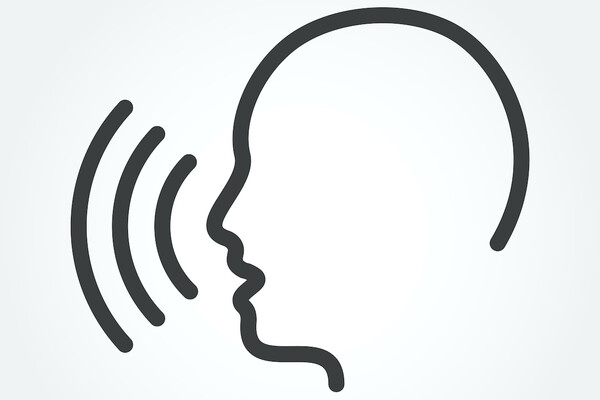5/10
Behavioral Health
The link between global health policy and healthy sleep
A new study from LDI senior fellow Heather Schofield explores the relation between government policymaking and healthy sleep.
Therapy dogs help students relax and relieve stress
The Wharton School’s Undergraduate Division invited students to take a break from studying and enjoy therapy dogs on campus.
New book offers lessons for parents on discussing campus sexual assault
In the guide for caregivers whose child was sexually assaulted on a college campus, Susan B. Sorenson provides advice and identifies resources, both on campus and within the community.
Learning to listen in troubled times
The SNF Paideia Program and partners featured Ernesto Pujol and Aaron Levy, an artist and an interdisciplinary scholar who have transformed both what it means to listen and what the act of listening can achieve as part of a lecture and workshops.
Gun violence exposure increases mental health-related ED visits by children
A proximity to violence and multiple exposures increase the risk of pediatric mental health distress, according to research from Penn Medicine and the Children’s Hospital of Philadelphia.
Reported anger, sadness, depression, and anxiety spiked after George Floyd killing
The police killing of George Floyd took an unprecedented toll on the emotional and mental health of Black Americans, according to a new study by LDI senior fellow Sharath Guntuku.
9/11, 20 years later
Experts across the University share their thoughts on how 9/11 transformed their field, their research, and the world.
Forging healthy bonds with canine companions
School of Veterinary Medicine postdoc Lauren Powell’s research illuminates how the personalities of both dogs and their owners influence the pairs’ ability to overcome behavioral challenges.
The intonation Black/biracial men use to speak about race
In a study of college-educated biracial men, ages 18 to 32, sociolinguist Nicole Holliday found that, when asked about race, this group frequently brought up law enforcement unprompted and discussed the subject using vocal tone more generally associated with white speakers.
Vaccine lotteries and beyond: What motivates healthy behaviors
As COVID-19 vaccines have become available to the general public and vaccination rates began to slow, there has been a boom in incentives for receiving the vaccine across the United States. CHIBE’s Kevin Volpp investigates the trend.
In the News
Americans are sleeping more than ever. See how you compare
Mathias Basner of the Perelman School of Medicine says that work and traveling are the major sleep killers, with the majority of traveling being commuting to and from work.
FULL STORY →
How does fat leave the body? Experts explain the weight loss process
Colleen Tewksbury of the School of Nursing and Perelman School of Medicine says that waist circumference is a more accessible and potentially more helpful measure for fat loss than stepping on a scale.
FULL STORY →
When it’s time for an aging driver to hit the brakes
Lauren Massimo of the School of Nursing says that losing the ability to drive is a major and dehumanizing loss for older adults.
FULL STORY →
Many parents give their children melatonin at night. Here’s why you may not want to
Ilene Rosen of the Perelman School of Medicine supports practicing proven-bedtime-routine behaviors and avoiding bright lights and electronics in the bedroom to encourage the body’s natural production of melatonin.
FULL STORY →
Why are older Americans drinking so much?
David Oslin of the Perelman School of Medicine says that alcohol use can have much more disastrous consequences for older adults, whose bodies cannot process it as quickly.
FULL STORY →
Best CPAP alternatives
Richard Schwab of the Perelman School of Medicine says that obstructive sleep apnea causes breathing to pause during sleep when something like the tongue or relaxed throat muscles blocks the airway.
FULL STORY →



